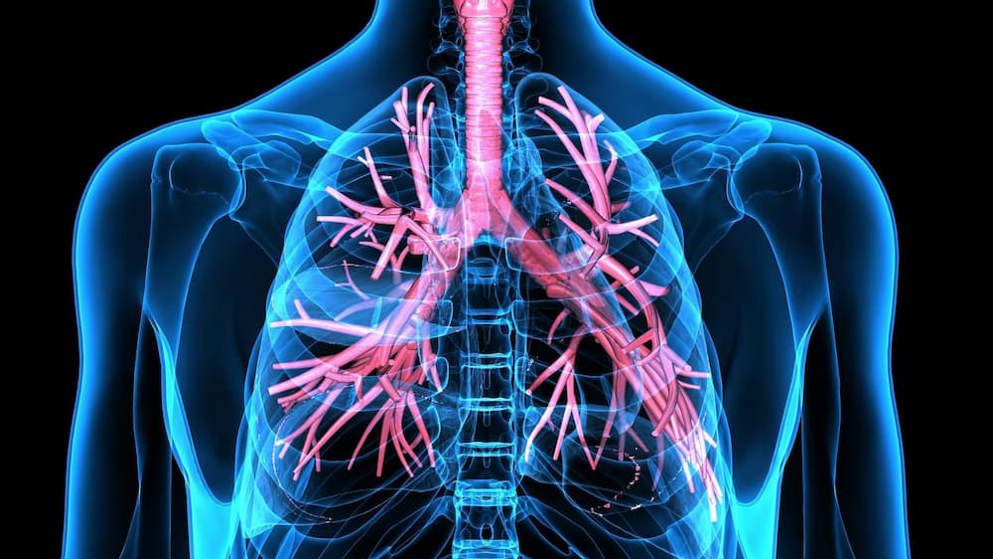FDA approves AirDuo RespiClick (fluticasone propionate and salmeterol inhalation powder) and ArmonAir RespiClick (fluticasone propionate inhalation powder) to treat asthma.-Teva
Teva Pharmaceutical Industries Ltd., announced that the FDA approved two products for adolescent and adult patients with asthma. These products, AirDuo RespiClick (fluticasone propionate and salmeterol inhalation powder) and ArmonAir RespiClick (fluticasone propionate inhalation powder), include medication delivered via Teva�s RespiClick breath-activated, multi-dose dry powder inhaler (MDPI) which is used with other approved medicines in Teva�s respiratory product portfolio.
AirDuo RespiClick is a fixed dose combination product containing the same active ingredients as Advair. AirDuo RespiClick is a corticosteroid and a long-acting beta2-adrenergic agonist (LABA) indicated for the treatment of asthma in patients aged 12 years and older. ArmonAir RespiClick is an inhaled corticosteroid (ICS) containing the same active ingredient as Flovent, and is indicated for the maintenance treatment of asthma as prophylactic therapy in patients 12 years and older.
AirDuo RespiClick and ArmonAir RespiClick are expected to become available to patients in the U.S., by prescription, later this year. Both products have been approved in three strengths. The approved strengths of AirDuo RespiClick are: 55/14 mcg, 113/14 mcg and 232/14 mcg administered as one inhalation twice daily. The approved strengths of ArmonAir RespiClick are: 55 mcg, 113 mcg, and 232 mcg administered as one inhalation twice daily .
The FDA�s approval of AirDuo RespiClick and ArmonAir RespiClick is supported by data from Teva�s clinical development program, including three Phase III trials which evaluated the efficacy and safety of the treatments in adolescent and adult patients with asthma. In the two double-blind studies, both therapies showed clinically relevant and greater benefit compared with placebo in the improvement of lung function after 12 weeks of treatment as measured by Forced Expiratory Volume in one second (FEV1). In clinical trials for AirDuo RespiClick, the most common adverse reactions were nasopharyngitis, headache, cough, oral candidiasis and back pain. In ArmonAir RespiClick clinical trials, the most common adverse reactions were nasopharyngitis, headache, cough, oral candidiasis and upper respiratory tract infection.

